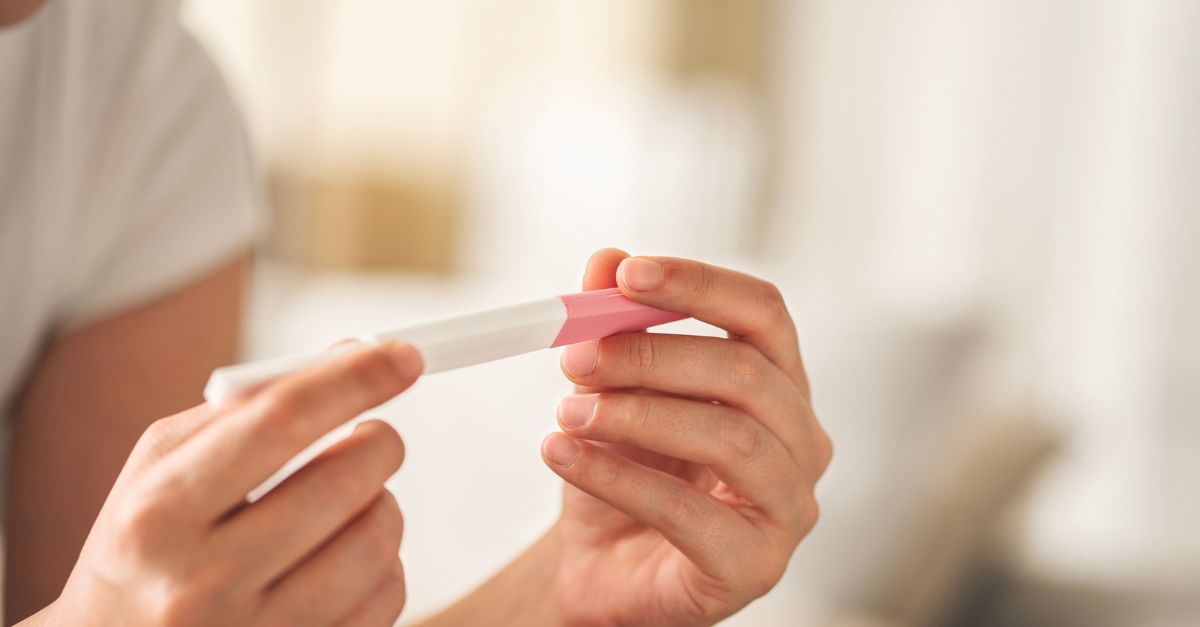For some people assigned female at birth, the days leading up to a menstrual period are marked by irritating but manageable issues like bloating and irritability. For others, the two weeks before a period introduce an onset of symptoms so severe they’re disruptive to daily life. Known as premenstrual dysphoric disorder (PMDD), this chronic condition was only officially recognized in the Diagnostic and Statistical Manual of Mental Disorders (DSM) in 2013, despite its prevalence for many decades prior.
Though its clinical definition may be fairly new, we already have a good handle on how to diagnose and treat PMDD effectively. Here, we cover some basics about the condition, including signs to watch for and how to manage it.
What Is PMDD and How Is It Different From PMS?
PMDD and premenstrual syndrome (PMS) share some commonalities, including the fact that their symptoms can be both physical and emotional. But while PMS may cause minor mood swings, those are unlikely to disrupt your life to a significant degree. PMDD, on the other hand, leads to emotional or behavioral symptoms that can be extreme. For example, you may feel paralyzingly hopeless, weepy, angry, anxious, and experience issues like pronounced difficulty focusing or disinterest in your normal activities.
Physically, you might notice the breast tenderness, headaches, and bloating commonly experienced in PMS, but in PMDD, symptoms like debilitating muscle and joint pain, lethargy, and sleep challenges can occur, too.
Both PMDD and PMS can appear within the two weeks before your period starts and may last through the first few days of menstruation. But PMS is much more common than PMDD: while 70% to 90% of people who menstruate experience at least some degree of PMS, just three to eight percent have been diagnosed with PMDD.
What Causes PMDD?
Research into PMDD has been limited, and therefore experts haven’t yet identified a specific cause for PMDD. What we do know is that changing hormone levels likely play a role. Throughout your cycle, levels of estrogen and progesterone fluctuate, which could trigger symptoms. Serotonin, a chemical responsible for hunger and mood regulation, also ebbs and flows, which may also be a contributing factor.
What Makes PMDD Worse?
It’s possible some lifestyle or dietary factors could worsen symptoms of PMDD. “For example,” explains Dr. Mironda Williams, physicians and managing partner at Rosa Gynecology, “since simple carbohydrates can contribute to fatigue, having them during your premenstrual window could aggravate symptoms of exhaustion or sleep troubles. Likewise, caffeine can heighten anxiety and may therefore worsen PMDD, but much more research is needed to determine specific lifestyle connections.” Of course, added stress can also exacerbate PMDD symptoms, but it may not always be possible to avoid stressors leading up to your period.
If you’re experiencing severe symptoms, avoiding potential triggers may be worth a try. But ultimately, getting professional help is most important.
How to Treat PMDD
No one should have to suffer through the emotional distress of PMDD for a week or more — especially not every month. Dietary changes, exercise to enhance mood, and stress relief techniques may help to some degree, but medication can better manage any runaway symptoms that are interfering with your healthiest life.
Specifically, a certain type of antidepressant — selective serotonin reuptake inhibitors, or SSRIs — are effective for many people with PMDD. These medications can help your brain manage your serotonin levels, leading to mood improvements and reduced symptoms. Hormonal birth control pills without a pill-free interval could also help by eliminating your period altogether, and thus the symptoms that come before it.
Schedule an Appointment With a Gynecologist at Rosa Gynecology Today
Whether it’s painful periods, PMDD, or any other concern you may have about your reproductive health, Rosa Gynecology is here for you. With more than 40 years of experience, we’re well-equipped to provide compassionate care for gynecologic conditions. For appointments, use our online scheduling tool or call 770-487-9604.




